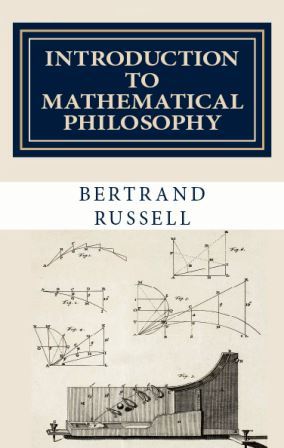More Search Results...
Bertrand Arthur William Russell, (1872 – 1970) was a British philosopher, logician, mathematician, historian, social critic and political activist. At various points in his life he considered himself a liberal, a socialist, and a pacifist, but he also admitted that he had never been any of these in any profound sense. He was born in Monmouthshire, into one of the most prominent aristocratic families in Britain.
In the early 20th century, Russell led the British “revolt against idealism”. He is considered one of the founders of analytic philosophy along with his predecessor Gottlob Frege, colleague G. E. Moore, and his protégé Ludwig Wittgenstein. He is widely held to be one of the 20th century’s premier logicians. With A. N. Whitehead he wrote Principia Mathematica, an attempt to create a logical basis for mathematics.
His philosophical essay “On Denoting” has been considered a “paradigm of philosophy”. His work has had a considerable influence on logic, mathematics, set theory, linguistics, artificial intelligence, cognitive science, computer science (see type theory and type system), and philosophy, especially philosophy of language, epistemology, and metaphysics.
Russell was a prominent anti-war activist; he championed anti-imperialism and went to prison for his pacifism during World War I. Later, he campaigned against Adolf Hitler, then criticised Stalinist totalitarianism, attacked the involvement of the United States in the Vietnam War, and was an outspoken proponent of nuclear disarmament.
In 1950 Russell was awarded the Nobel Prize in Literature “in recognition of his varied and significant writings in which he champions humanitarian ideals and freedom of thought”.
Introduction to Mathematical Philosophy
This book is intended essentially as an "Introduction" and does not aim at giving an exhaustive discussion of the problems with which it deals. It seemed desirable to set forth certain results, hitherto only available to those who have mastered logical symbolism, in a form offering the minimum of difficulty to the beginner. The utmost endeavour has been made to avoid dogmatism on such questions as are still open to serious doubt, and this endeavour has to some extent dominated the choice of topics considered.
The beginnings of mathematical logic are less deffinitely known than its later portions, but are of at leastequal philosophical interest. Much of what is set forth in the following chapters is not properly to be called "philosophy" though the matters concerned were included in philosophy so long as no satisfactory science of them existed.
The nature of infinity and continuity, for example, belonged in former days to philosophy, but belongs now to mathematics. Mathematical philosophy, in the strict sense, cannot, perhaps, be held to include such definite scientific results as have been obtained in this region; the philosophy of mathematics will naturally be expected to deal with questions on the frontier of knowledge, as to which comparative certainty is not yet attained.
More info →




























